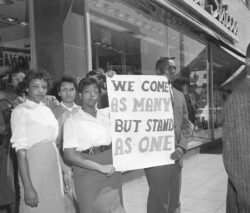History
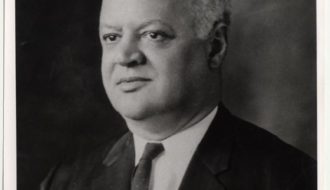
A. P. Tureaud
A. P. Tureaud was a key legal activist in an era of vigorous challenges to Jim Crow in twentieth-century Louisiana.

A. P. Tureaud was a key legal activist in an era of vigorous challenges to Jim Crow in twentieth-century Louisiana.
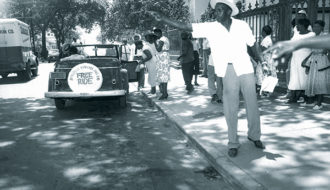
The 1953 Baton Rouge Bus Boycott was an organized, eight-day long protest of the segregated seating system on city buses.

The Baton Rouge Bus Boycott of June 1953 lasted eight days and became a model for organizers of the 1955 Montgomery Bus Boycott.
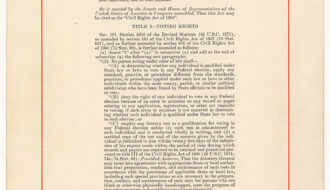
A lawsuit filed by a man against his employer resulted in a ruling establishing Cajuns as a federally recognized ethnic group.
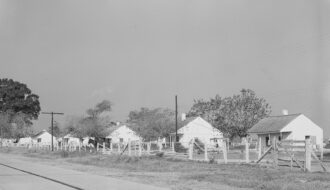
A civil rights unionist from Pointe Coupee Parish, Clark faced frequent violence in his efforts to organize tenant farmers.
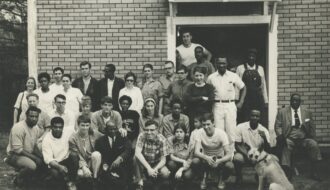
Between 1960 and 1967 the Congress of Racial Equality (CORE) played a key role in Louisiana’s Black freedom struggle.
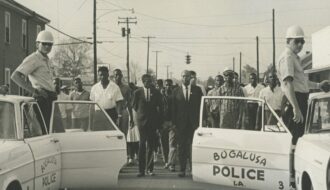
Founded in Jonesboro in 1964, the Deacons for Defense and Justice (DDJ) was a Black self-defense organization that protected local civil rights activists.
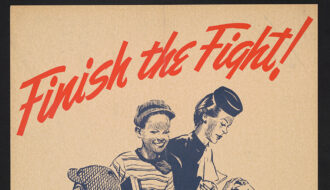
Delphine Dupuy was a civil rights activist in Baton Rouge who was one of the founding members of the Baton Rouge branch of the National Association for the Advancement of Colored People (NAACP) in 1929.
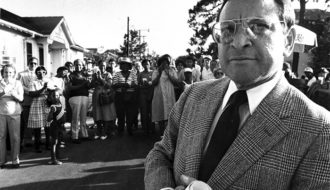
Ernest N. "Dutch" Morial, the first African American elected mayor of New Orleans, served two terms in office, from 1978 to 1986.
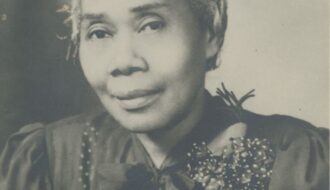
Fannie C. Williams was an educator, community organizer, and civil rights activist.

Sculptor Frank Hayden often explored themes of fellowship, family, Christian values, war, and civil rights in his artwork.
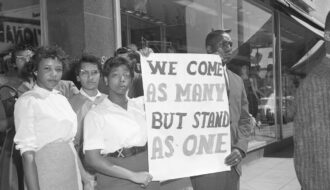
In 1960 the state charged student protestors with disturbing the peace, resulting in a US Supreme Court ruling that affirmed Black communities’ constitutional right to protest.
One-Year Subscription (4 issues) : $25.00
Two-Year Subscription (8 issues) : $40.00
